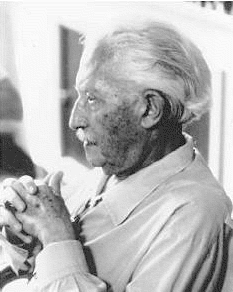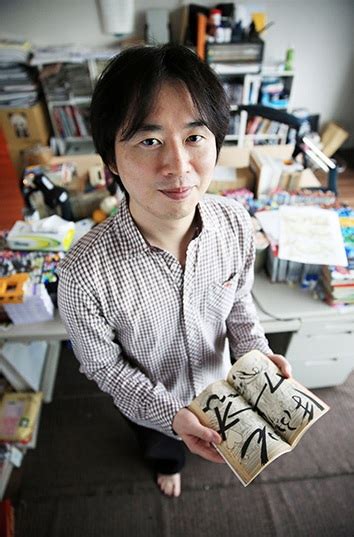A Quote by Erik Erikson
These same experiences make of the sequence of life cycles a generational cycle, irrevocably binding each generation to those that gave it life and to those for whose life it is responsible. Thus, reconciling lifelong generativity and stagnation involves the elder in a review of his or her own years of active responsibility for nurturing the next generations, and also in an integration of earlier-life experiences of caring and of self-concern in relation to previous generations.
Quote Topics
Active
Also
Binding
Caring
Concern
Cycle
Cycles
Each
Each Generation
Earlier
Elder
Experiences
Gave
Generation
Generational
Generations
Her
His
Integration
Involves
Irrevocably
Life
Life Experience
Life Experiences
Lifelong
Make
Next
Next Generation
Nurturing
Own
Previous
Previous Generations
Relation
Responsibility
Responsible
Review
Same
Self
Sequence
Stagnation
Those
Thus
Whose
Years
Related Quotes
I think what happens in a religious life is that we have those experiences of affirmation and that one starts to live a Christian life or a Jewish life or a Muslim life or a Buddhist life, by affirming that affirmation each day. Each day you say 'Yes' to that Yes. So the life of being a Christian for example, is always a life of double affirmation, that you each day say 'Yes' to those counter-experiences of saying 'Yes', even when you're not experiencing them at that time, you're remaining loyal to that experience.
To affirm life is to deepen, to make more inward, and to exalt the will-to-life. At the same time the man who has become a thinking being feels a compulsion to give every will-to-live the same reverence for life that he gives to his own. He experiences that other life as his own. He accepts as being good: to preserve life, to raise to its highest value life which is capable of development; and as being evil: to destroy life, to injure life, to repress life which is capable of development. This is the absolute, fundamental principle of the moral, and it is a necessity of thought.
How interesting it would be to write the story of the experiences in this life of a man who killed himself in his previous life; how he stumbles against the very demands which had offered themselves before, until he arrives at the realization that he must fulfill those demands. The deeds of the preceding life give direction to the present life.
I'm sure that like anybody else, I'm probably the sum total of my life experiences. If I'm smart and I've gained any wisdom, I have learned something from each of those experiences including different jobs I've taken throughout my life. The problem is, sometimes you don't realize you've learned something until maybe years later.
One of the things I've probably absorbed when I was in business school - and didn't know I was learning it - was about life cycles, that things begin, and they peak, and then they decline. So whether you look at life cycles of fashion, or you look at life cycles of things that people buy, designs, everything is in a life cycle. Getting out of the apparel businesses and into beauty and lingerie, those were very big bets, but they were very deliberately thought about and tested over time.
It's possible that Generation Facebook, accustomed as it is to a whole range of experiences that it only imbibes online, doesn't have the same need for physical interaction in order to be creative as previous generations still do. It's possible that Generation Facebook can co-create and collaborate quite happily from afar.
Let us admit, without bitterness, that the individual has his distinct interests and can, without felony, stipulate for those interests and defend them. The present has its pardonable amount of egotism; momentary life has its claims, and cannot be expected to sacrifice itself incessantly to the future. The generation which is in its turn passing over the earth is not forced to abridge its life for the sake of the generations, its equals after all, whose turn shall come later on.
The alchemists of past centuries tried hard to make the elixir of life: ... Those efforts were in vain; it is not in our power to obtain the experiences and the views of the future by prolonging our lives forward in this direction. However, it is well possible in a certain sense to prolong our lives backwards by acquiring the experiences of those who existed before us and by learning to know their views as well as if we were their contemporaries. The means for doing this is also an elixir of life.
When you look back at your own life, you see ... the sufferings you went through, each time you would have avoided it if you possibly could. And yet, when you look at the depth of your character now, isn't a part of that a product of those experiences? Weren't those experiences part of what created the depth of your inner being?




































